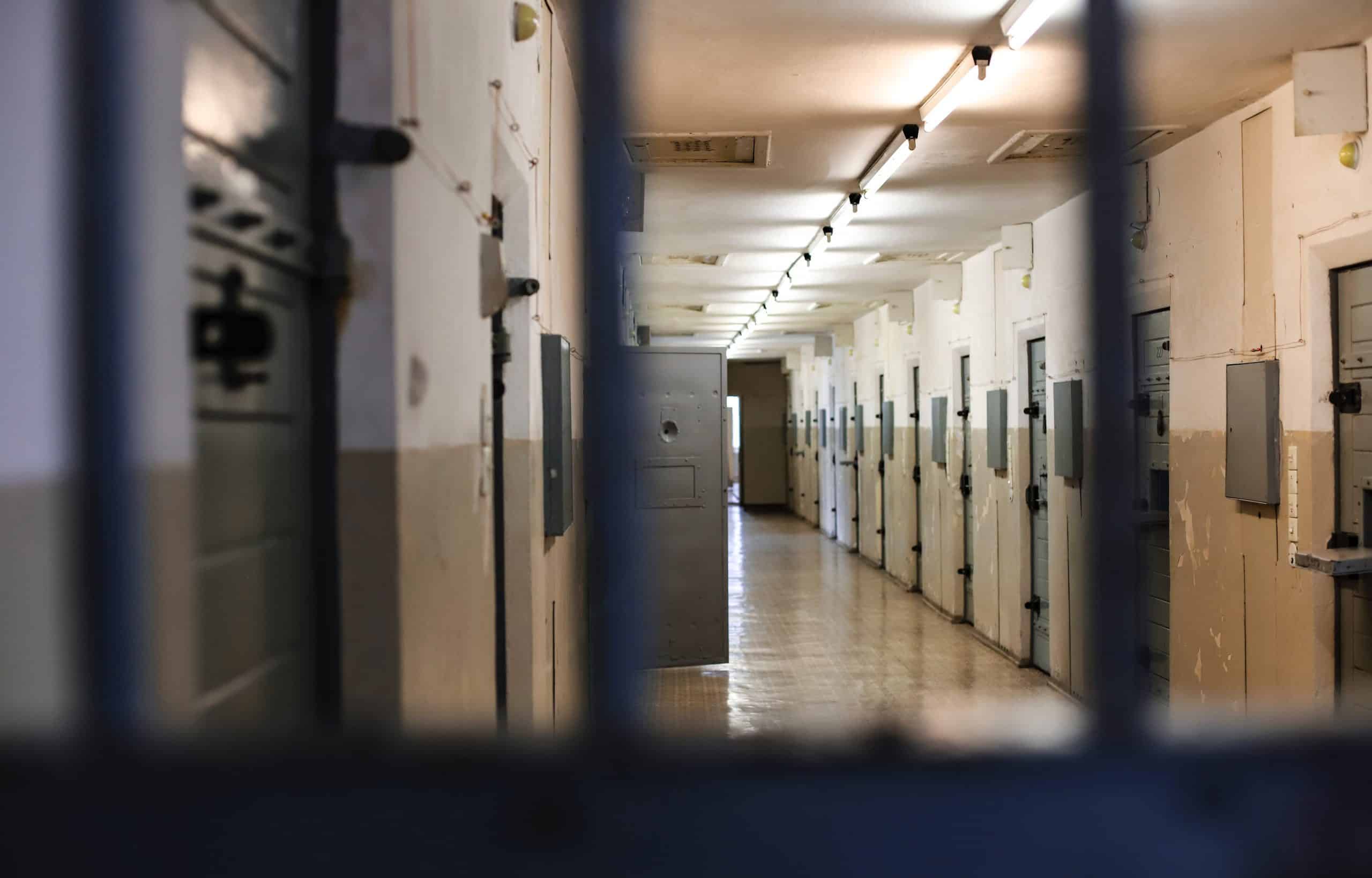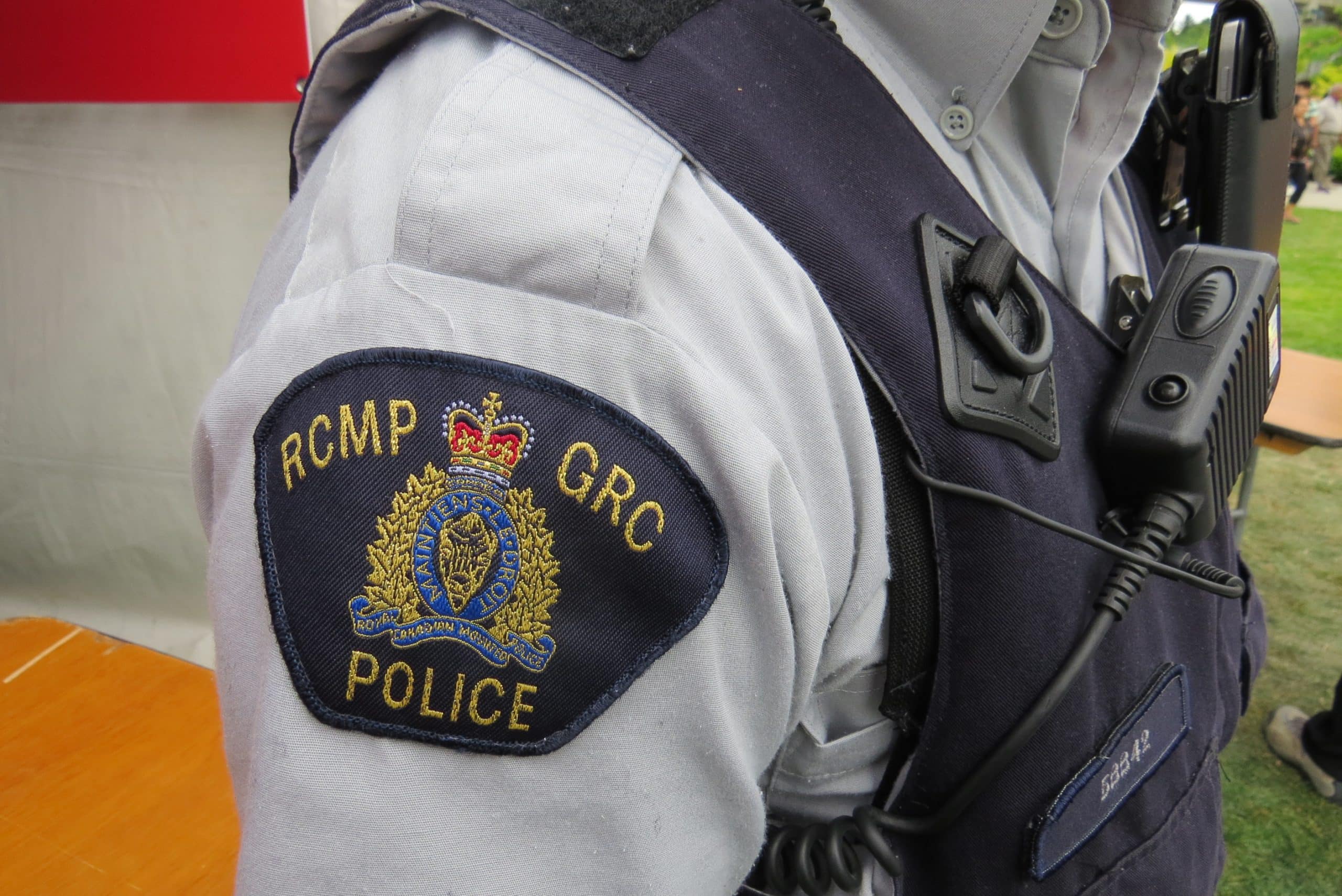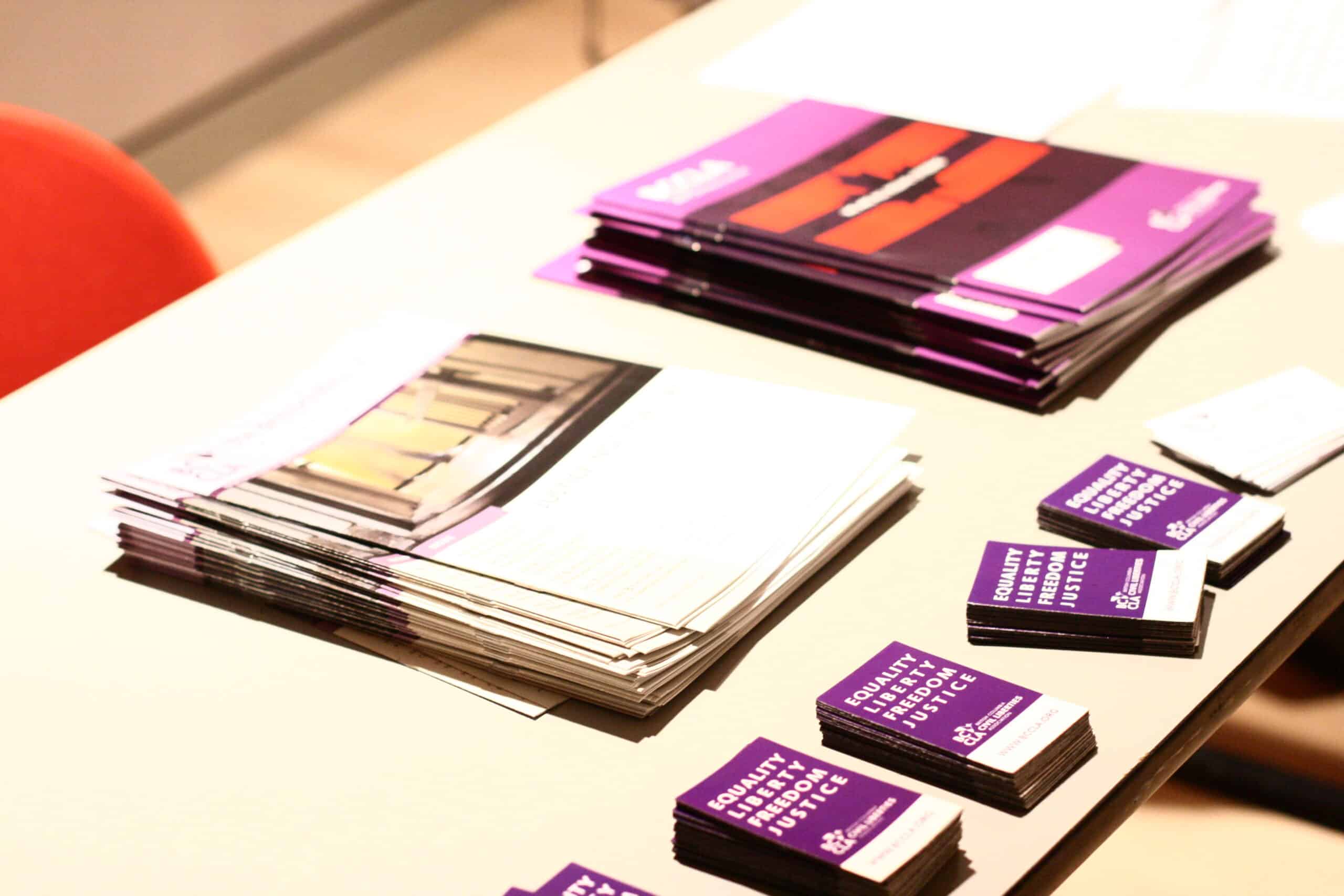BCCLA works to promote, defend, sustain, and extend civil liberties and human rights in British Columbia and Canada.
We work on a broad range of issues that strike at the heart of civil liberties and human rights. We do this by creating change at a systems level through:
- Strategic Litigation
- Policy Advocacy and Law Reform
- Public Legal Education
BCCLA focuses on the relationship between people and the state, and the ways that action by the state can promote or prevent the full protection and enjoyment of these rights and liberties. We are committed to the protection of inherent human dignity and strive to achieve a society in which people benefit from the meaningful and substantively equal enjoyment of Charter-protected rights and liberty interests. We recognize that liberty, dignity and equality are mutually-reinforcing. We are a non-partisan non-profit organization.
Mandate
The BCCLA works to promote, defend, sustain, and extend civil liberties and human rights in BC and Canada. We recognize that such rights are fundamental and inalienable for the well-being of human society. Among these liberties and rights are those which have been embodied in such documents as the Canadian Charter of Rights and Freedoms, the Declaration of the Rights of Man and the Citizen, the American Declaration of Independence, the British, American and Canadian Bills of Rights, and the Universal Declaration of Human Rights.
Our work ranges in diverse issue topics including:
- Criminalization and Criminal Law Reform
- Democracy
- Due Process
- Fundamental Freedoms
- Healthcare Rights
- Human Rights
- Indigenous Rights
- Migrant Rights
- National Security
- Policing
- Prisoners’ Rights
- Privacy and Surveillance
Funders
Thank you to our funders!
BCCLA wishes to gratefully acknowledge the financial support from our funders. Their contribution benefits the advancement of civil liberties and human rights in BC and Canada through our litigation, law reform, and public legal education efforts.
| Law Foundation of BC | Canadian Bar Association |
| Court Challenges Program | Vancouver Foundation |
| Canadian Race Relations Foundation | Canadian Internet Registration Authority (CIRA) |
| The Notary Foundation | BC Community Gaming Grant |
| Public Interest Work Placement Program | Pro Bono Students Canada |
We could not do this work without the dedication of our staff, the passion of our volunteers including our board and pro bono counsel, and without the stalwart support of our members.
If you are not yet a member, consider becoming one today and stand up for civil liberties and human rights for all.




